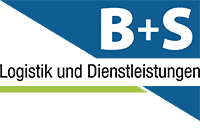Cold chain management in pharmaceutical logistics
Pharmaceutical logistics plays a crucial role in ensuring that medicines are transported and stored in optimal conditions to guarantee their efficacy and safety. Of particular importance is cold chain management, which ensures that temperature-sensitive medicines remain in a controlled environment throughout the logistics process.
This applies to a wide range of medicines, including vaccines, biopharmaceuticals and certain oral medicines. The effective management of these cold chains is crucial to ensure that the medicines retain their efficacy and do not pose any health risks to patients.
The challenges & solutions of cold chain logistics
One of the biggest challenges in cold chain management is maintaining the required temperatures throughout the logistics process. The transportation of medicines can involve various stages, such as shipping from the manufacturer to the wholesaler, from the wholesaler to the pharmacy and finally to the end consumer.
To overcome these challenges, B+S relies on advanced technologies and special refrigerated containers in pharmaceutical logistics. These containers are equipped with temperature sensors that monitor in real time whether the specified temperatures are being maintained. With the help of this temperature mapping, various locations within the storage areas can be permanently monitored and form the so-called mapping network with different temperature zones. In the event of deviations, those responsible receive immediate notifications to take action and ensure the integrity of the cold chain.
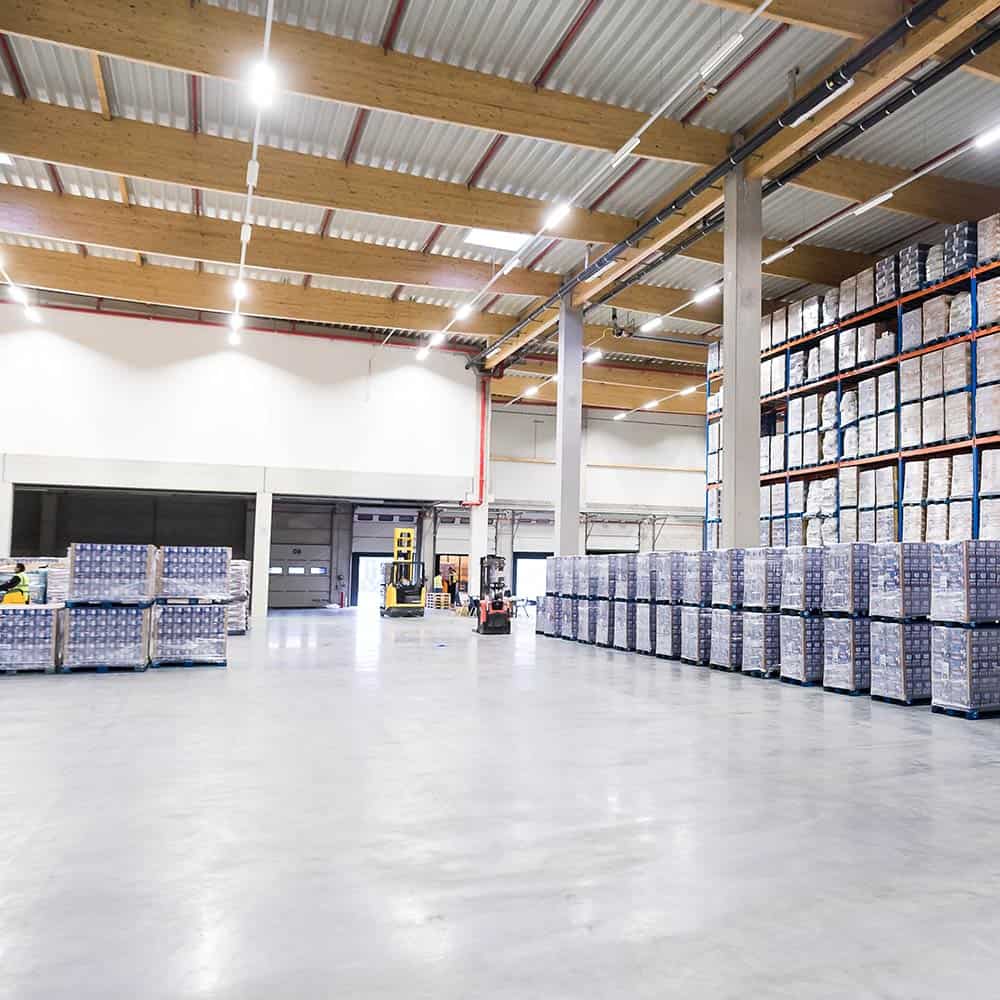

The challenges & solutions of cold chain logistics
One of the biggest challenges in cold chain management is maintaining the required temperatures throughout the logistics process. The transportation of medicines can involve various stages, such as shipping from the manufacturer to the wholesaler, from the wholesaler to the pharmacy and finally to the end consumer.
To overcome these challenges, B+S relies on advanced technologies and special refrigerated containers in pharmaceutical logistics. These containers are equipped with temperature sensors that monitor in real time whether the specified temperatures are being maintained. With the help of this temperature mapping, various locations within the storage areas can be permanently monitored and form the so-called mapping network with different temperature zones. In the event of deviations, those responsible receive immediate notifications to take action and ensure the integrity of the cold chain.
Translated with DeepL.com (free version)
The role of artificial intelligence in cold chain management
Advancing technology plays a key role in optimizing cold chain management. Automated systems for monitoring temperature, but also for controlling air conditioning systems and refrigeration units, enable precise and efficient control of cooling conditions. Artificial intelligence (AI) and the Internet of Things (IoT) are increasingly being used to forecast possible temperature deviations and take proactive measures.
Translated with DeepL.com (free version)
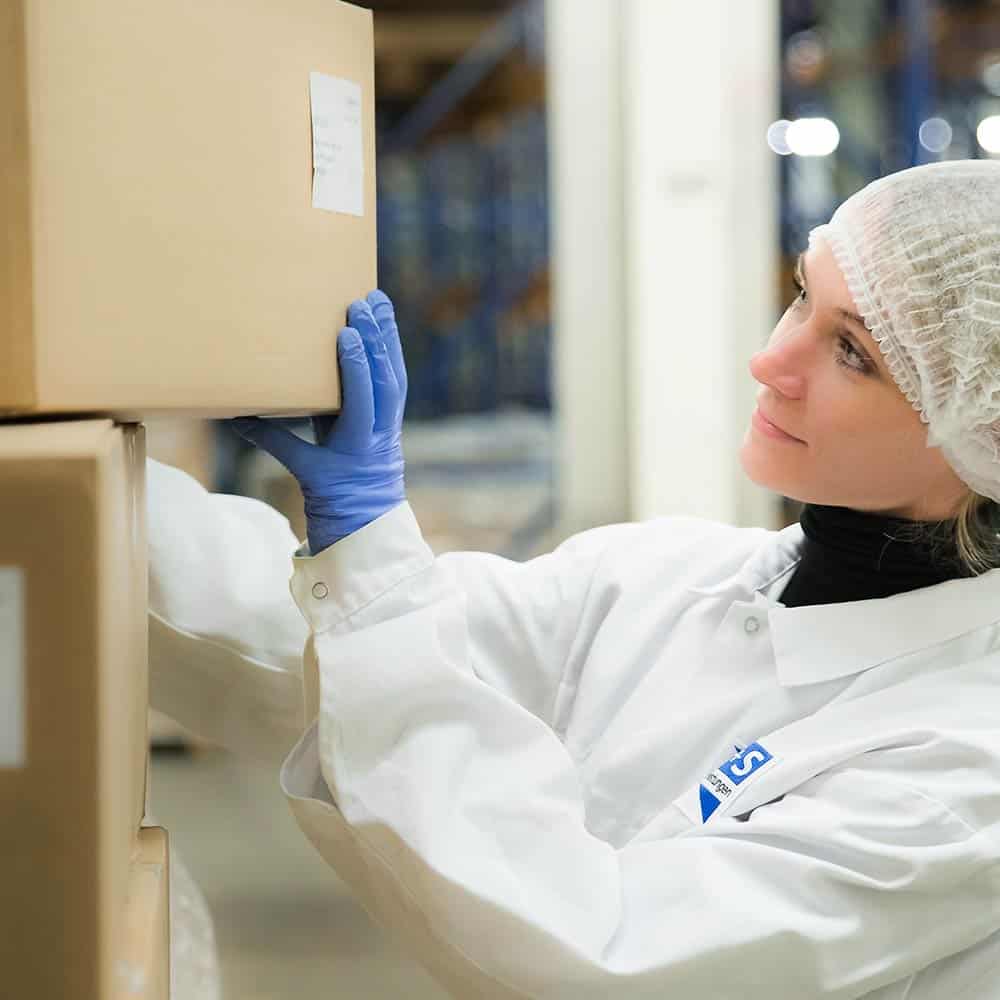
The role of artificial intelligence in cold chain management
Advancing technology plays a key role in optimizing cold chain management. Automated systems for monitoring temperature, but also for controlling air conditioning systems and refrigeration units, enable precise and efficient control of cooling conditions. Artificial intelligence (AI) and the Internet of Things (IoT) are increasingly being used to forecast possible temperature deviations and take proactive measures.

Employee training as a key factor
Despite all the advances and technologies, cooperation along the entire supply chain remains a decisive factor in successful cold chain management in pharmaceutical logistics. Manufacturers, logistics companies, wholesalers and pharmacies must work closely together to ensure that the cold chain is not interrupted and that the medicines reach the end consumer in a safe condition.
Therefore, the training of employees involved in the logistics process is another crucial factor in cold chain management. This includes not only drivers of transport vehicles, but also warehouse workers and those responsible for the various logistics stages. Awareness of the importance of the cold chain, the correct handling of medicines requiring cold chain management and protocols in the event of temperature deviations are crucial to ensure the safety of medicines.
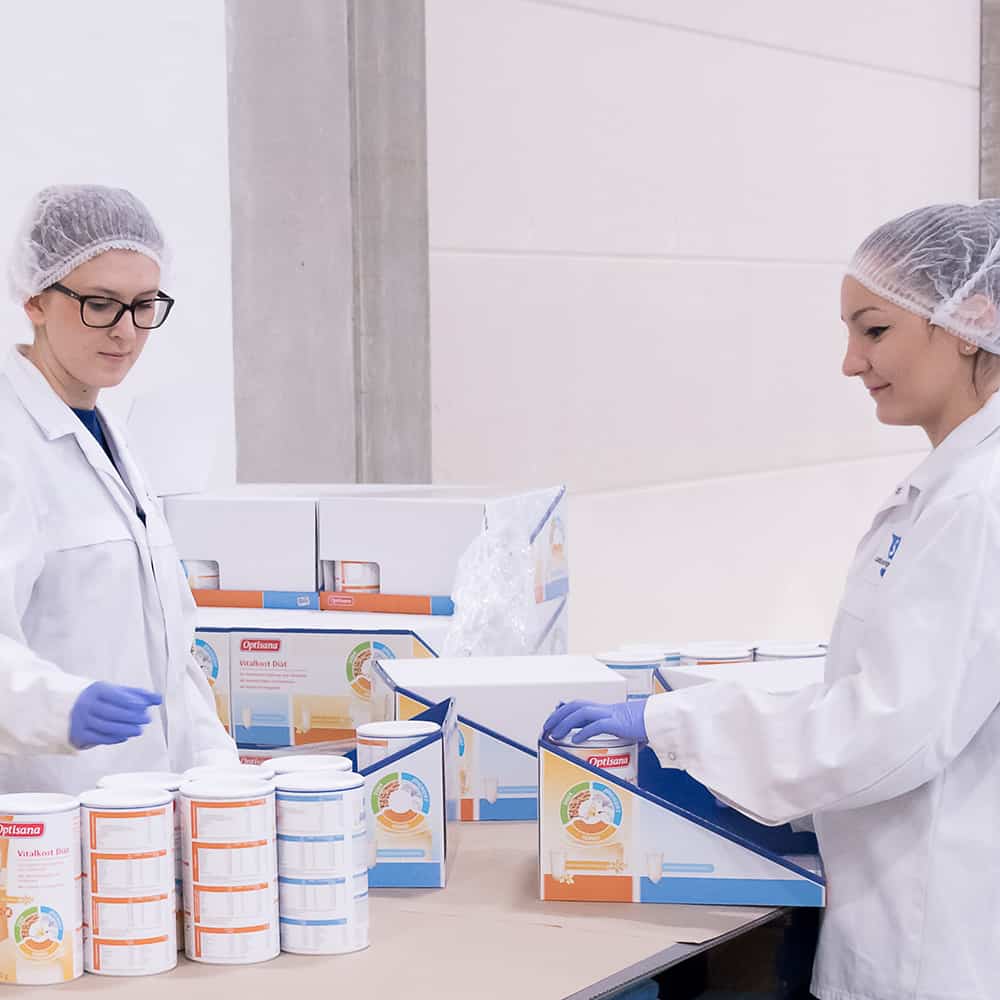
Regulatory requirements and quality standards in pharmaceutical logistics
Compliance with strict regulatory requirements and quality standards are key aspects of cold chain management in pharmaceutical logistics. The pharmaceutical industry is subject to international and national regulations designed to ensure that the safety, efficacy and quality of medicines are guaranteed throughout the logistics process.
Regulatory requirements vary by country and region, but there are some common standards that are recognized worldwide. For example, the World Health Organization (WHO) has issued guidelines for the international transport of medicines, which include recommendations for cold chain management. These guidelines stipulate that medicines requiring cold chain management must be kept within a defined temperature range during transportation and storage in order not to jeopardize their efficacy.
In addition to international guidelines, there are specific regulations in each country that are set by the health authorities. These regulations cover a variety of aspects, including temperature control, documentation of transportation conditions, traceability of medicines and training of staff involved in the logistics process.
Quality standards in pharmaceutical logistics also include third-party certifications such as Good Distribution Practice (GDP) or the International Air Transport Association (IATA). Companies that transport medicines that are subject to cold chain requirements often have to prove that their processes comply with GDP guidelines. These guidelines stipulate that companies must implement a quality management system to ensure that the integrity of the medicines is maintained throughout the logistics process.
B+S Logistik works strictly in accordance with GDP guidelines and meets the highest standards of GDP compliance.
